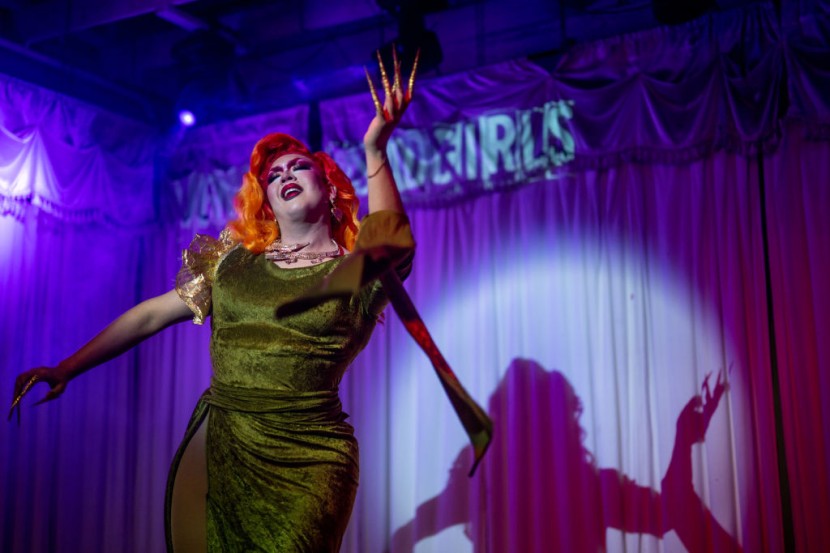
A federal magistrate in Texas has issued a temporary restraining order against a recently enacted law that, according to its opponents, would severely restrict or outright ban drag show performances.
The law, which was about to take effect, did not expressly mention drag performances, but it did raise concerns about censorship and free speech, ABC News reported.
Texas Federal Magistrate Halts Controversial Law Targeting Drag Shows
The legislation, passed by the Republican-controlled Texas Legislature, sought to expand the legal definition of what constitutes an illegal public display of sexual conduct in front of children.
Critics argued that the report was comprehensive, potentially incorporating mainstream performances such as the Dallas Cowboys cheerleaders. Houston-based US District Judge David Hittner issued the provisional restraining order in response to a legal challenge by a group of drag performers and LGBTQ+ rights advocates who sought to prevent the law from going into effect.
During a two-day court hearing earlier this week, the drag performers and their supporters argued that the new law threatened their livelihoods and would violate their right to free speech.
In his ruling, Judge Hittner agreed with the plaintiffs that the law violated their First Amendment rights. While preparing a more permanent order for the case, he issued a temporary restraining order to halt the law's implementation promptly.
The American Civil Liberties Union of Texas, which filed the lawsuit on behalf of the plaintiffs, hailed the judge's ruling as a "much-needed reprieve for all Texans, especially our LGBTQIA+ and transgender community, who have been relentlessly targeted by the state legislature," according to Fox News.
Read Also : GOP Senators Consider Having a Special Conference Meeting To Discuss Mitch McConnell's Future in Leadership
Free Speech vs. Child Protection
The ACLU of Texas tweeted, "Drag performers and LGBTQIA+ allied businesses belong in our state, and Texas politicians have no right to censor our free speech."
The Texas Attorney General's Office, representing the state in the lawsuit, defended the law as an effort "to protect children and uphold public decency."
They declared their intention to vehemently defend the law and its purpose of protecting minors from explicit content. Proponents of the law argued that its primary objective was to protect minors from drag shows. In response to criticism, Republican lawmakers amended the law to remove specific references to drag performances.
However, the law's "statement of intent" still emphasized the need to protect minors from such arrangements. The final version of the law expanded the definition of what is illegal in a manner that could encompass a broad spectrum of performances viewed by children.
For instance, the legal definition of sexual conduct included acts involving "accessories or prosthetics that exaggerate male or female sexual characteristics." It also criminalized actual or simulated groping, arousal, and the display of sexual objects if done in a prurient manner in front of minors or in public places where children could be anticipated to witness the performance.
Infringers could face up to a year in prison, and businesses that host such interpretations could be fined $10,000 per infraction. This Texas ruling is consistent with other states, including Florida and Tennessee, that have attempted to ban or restrict drag performances.
The ongoing legal debates surrounding these laws highlight the delicate balance between free speech, child protection, and the ever-changing landscape of LGBTQ+ rights in the United States, as per New York Times.
© 2026 HNGN, All rights reserved. Do not reproduce without permission.







